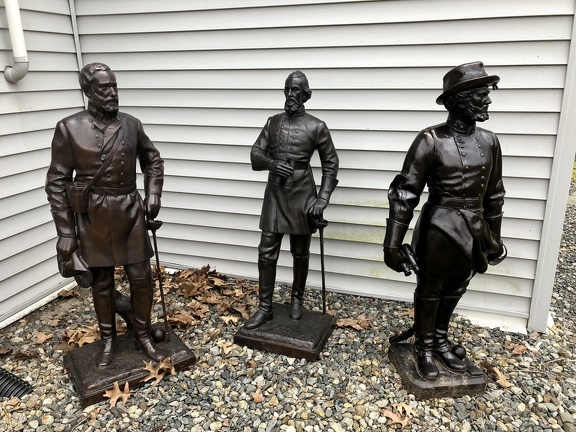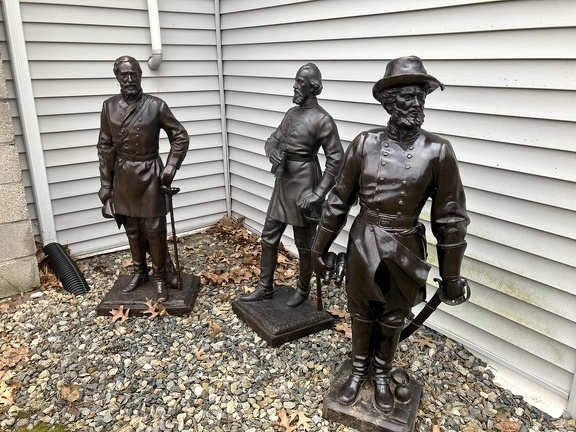I recently saw a social media post that said:
“I hate when people say autism doesn’t have a look. Cause for many of us, we look autistic… Stop trying to erase visibly autistic people.”
The post listed things such as flapping hands, stomping feet, screaming loudly, and vocal stimming as attributes that make a person allegedly look autistic.
There is a problem with this logic. The things listed in the post, although characteristic of autism, don’t have anything to do with a person’s look. The things listed are behaviors and mannerisms, not attributes of a person’s appearance.
A person’s look refers to attributes such as hair color, hair length, hair texture, eye color, skin color, height, build, etc. A person’s behaviors and mannerisms, such as flapping hands, stomping feet, screaming loudly, and vocal stimming, are not part of their look, per se.
So yes, it’s absolutely true that there are behaviors and mannerisms associated with autistic people. Autism, by definition, is a collection of traits, and some of these traits have external manifestations. It’s also true that autistic people vary in their ability and willingness to hide (“mask”) their traits by refraining from the associated behaviors and mannerisms.
But this is an entirely separate thing from a person’s “look.”
Some people act, and behave, autistically. Some people have behaviors and mannerisms that make them obviously autistic. But that’s not the same thing as looking autistic. Autistic people can have any hair color, hair length, hair texture, eye color, skin color, height, or build. Therefore, contrary to what is claimed in the post, autism does not, in fact, have a look.
Honestly, posts like this make me angry and exemplify what is wrong with the online autistic community. This post is problematic not just because it is completely false and based on an incorrect understanding of what words mean, but also because of its belligerence and nastiness.
The person who made this post is literally expressing hate towards people who use the word “look” correctly by claiming, correctly, that autism does not have a look. The person who made this post is accusing others of “trying to erase visibly autistic people,” when all we are doing is using words correctly.
Using words correctly, as opposed to incorrectly, does not constitute erasing anyone’s existence, and it does not make a person deserving of hate. The belligerence and nastiness expressed in this post have no justification, because they are aimed at people who have done nothing wrong whatsoever.
Posts like this are not harmless, not merely illogical and wrong. They inflict pain on innocent people. Even though this post was not addressed to me specifically, it hurts to be subjected to hate and false accusations merely for using words correctly. It hurts that the autistic community is filled with so much unjustified and baseless belligerence, directed towards people who have done nothing to deserve it.



